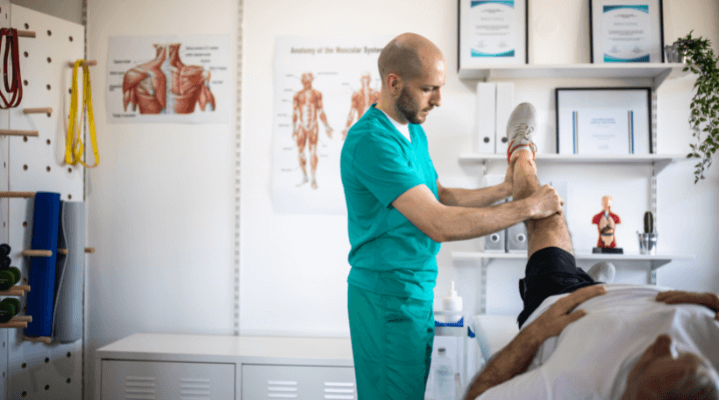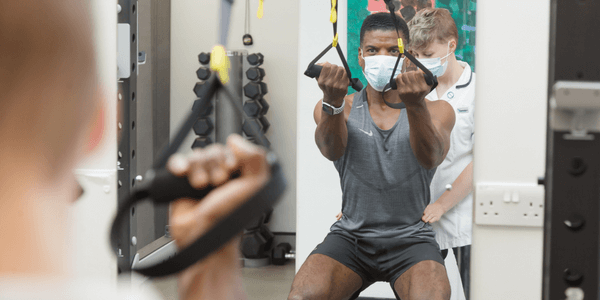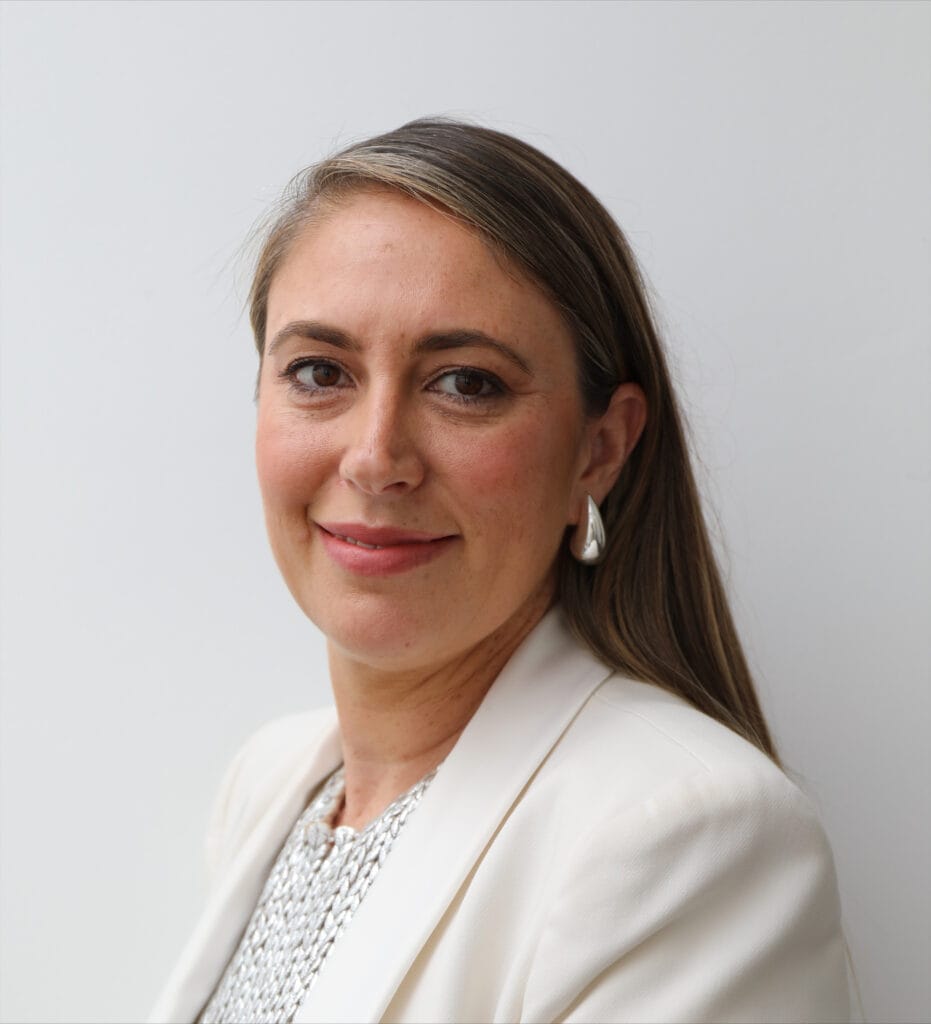
The post-surgery recovery period can be just as important as the surgery itself so we spoke to King Edward VII’s Hospital Orthopaedic Surgeon, Mr Mark Webb to get his expert advice on what you can do to maximise recovery and get back to normal as soon as possible.
What can I do to maximise my recovery?
To maximise your recovery following ACL reconstruction surgery, you should:
- Consult a physiotherapist for prehabilitation exercises soon after injuring your ACL, before surgery
- Continue to exercise using a cross trainer or stationary bike as part of your prehabilitation
- Practise using crutches correctly in preparation for surgery
- Eat a healthy diet, avoid excessive use of alcohol and seek help to quit smoking if necessary
- Make an appointment to see your physiotherapist within a week of surgery
- Make use of cold therapy machines if available
- Use crutches for as long as you feel it’s necessary, bearing weight on your leg as it feels comfortable
- Keep your wound covered for two weeks, aiming to keep it as dry as possible
- Keep your leg raised as much as possible by putting pillows under your heel whilst at rest and in bed
- Always follow the advice of your physiotherapist, surgeon and nursing team
- Always use your own comfort and common sense as a guide

What should I avoid whilst I’m recovering from surgery?
It’s important to appreciate that your recovery is a staged process that can take up to 12 months before you can pivot and move your knee normally.
During this time you shouldn’t:
- Avoid therapy
- Take part in any activity that isn’t part of your rehabilitation programme
- Allow your knee to become stiff through immobility
- Take part in activities where your knee feels unstable
Crucially, Mr Webb advises avoiding thinking that you’ll be fine to get back to your normal activities sooner than advised – you’ll be more likely to re-injure your knee and suffer setbacks in your recovery.
When should I speak to my doctor?
If during your recovery you begin to develop any of the following symptoms, they could be a warning sign that your healing isn’t going to plan. You should therefore make an appointment to see your surgeon as soon as possible.
- New or increased swelling in your knee
- A reduction in your freedom or range of movement
- Warmth, redness or increased pain at the surgical site or yellow/green fluid forming in your wounds (these could be signs of an infection)
- Recurrent instability in your knee joint
More information
- If you have knee pain and think you may have damaged your ACL, speak to your GP or consultant. (Don’t have a GP?)
- Mr Mark Webb is an expert in sports injuries and ACL reconstruction and is part of the King Edward VII’s Hospital Orthopaedic Surgery department, a world-renowned centre of excellence staffed by dedicated doctors, nurses and physiotherapists. Make an enquiry.
- Read Mr Webb’s guide to ACL reconstruction surgery.
- Read a patient story of an ACL reconstruction at the King Edward VII’s Hospital.
Article Sections
Latest Hospital News
Should you wish to speak to our press team, please visit Press Enquiries





